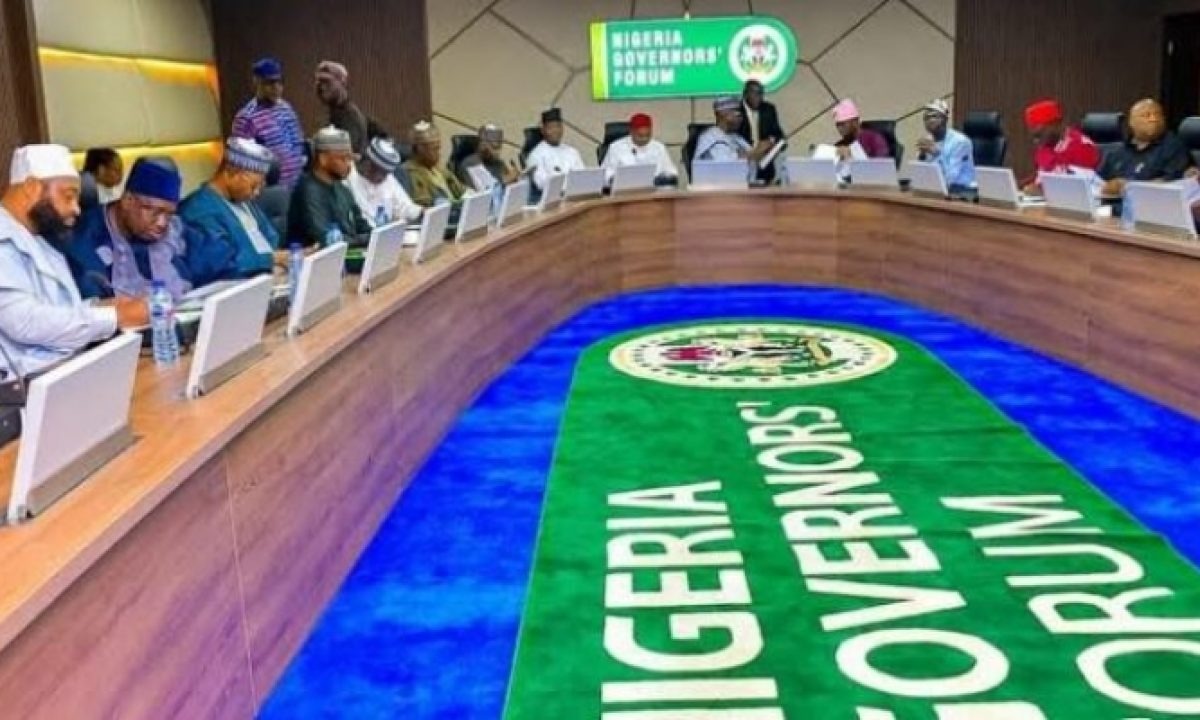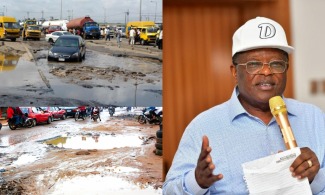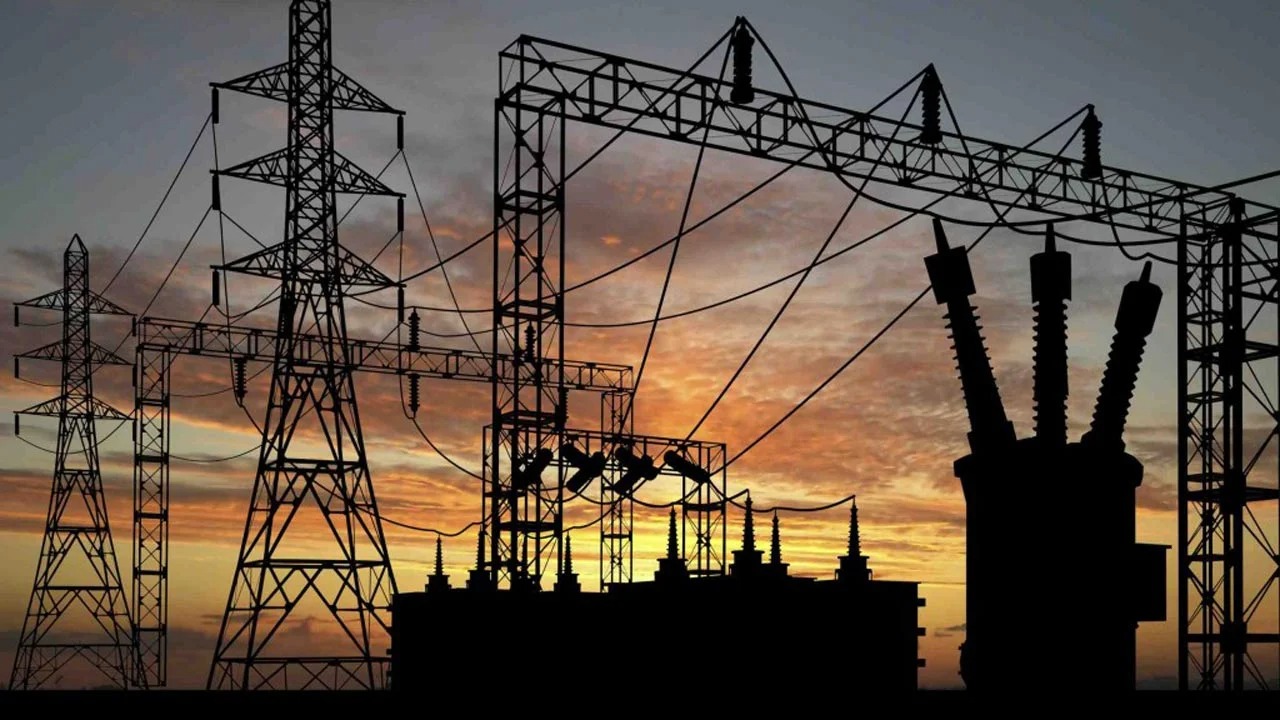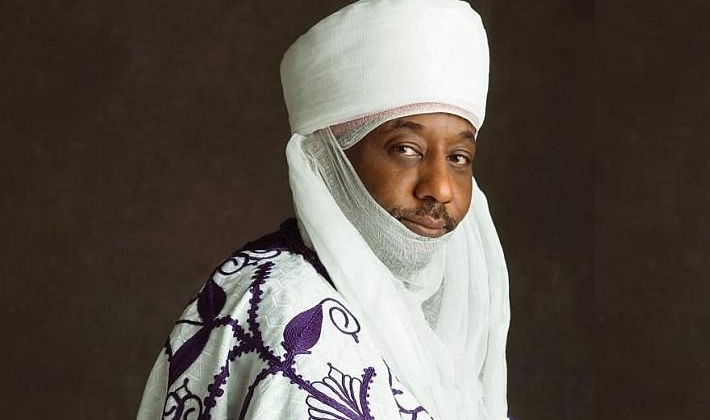The newly appointed Speaker of the Lagos State House of Assembly, Mojisola Meranda, has reaffirmed her commitment to working with other arms of government to achieve the vision of a “Greater Lagos.”
Presiding over her first session as Speaker on Friday, Meranda announced the appointment of new principal officers to lead the House.
Temitope Adedeji, representing Ifako/Ijaye Constituency 1, was named Majority Leader, while Richard Kasunmu of Ikeja Constituency 2 assumed the role of Deputy Majority Leader. David Setonji was appointed Chief Whip, and Ganiyu Sanni, representing Kosofe Constituency 1, became the Deputy Chief Whip.
Meranda also unveiled the Selection Committee, which she will chair. The committee members include Deputy Speaker Fatai Mojeed (Ibeju Lekki Constituency 1), Majority Leader Temitope Adedeji, Chief Whip David Setonji, and Gbolahan Yishawu (Eti-Osa Constituency 2). Acting Clerk Taiwo Ottun will serve as the committee’s secretary.
In her inaugural address, Meranda expressed gratitude for the trust placed in her by her colleagues and reiterated her dedication to serving Lagosians.
“I am truly grateful for the confidence you have placed in me, and I pledge to work tirelessly to uphold the virtues of transparency and good governance that this House stands for,” she said.
She emphasized the shared responsibilities of lawmakers as representatives of the people.
“Today, we are reminded of the shared responsibilities that rest on our shoulders as representatives of the good people of Lagos State. We are the guardians of this collective trust, and we must work to justify the faith they have placed in us.”
Meranda pledged to foster collaboration with the Executive arm, led by Governor Babajide Sanwo-Olu, to ensure seamless governance.
“The synergy between us and other arms of government is crucial for good governance and democratic development. To achieve this, we must commit to maintaining an open line of communication with the Executive, fostering a spirit of cooperation and mutual respect. By doing so, we stand united to ensure that our vision aligns with that of the Executive for a better state,” she said.
She called for unity within the Assembly, urging members to focus on delivering improved services to Lagosians while leaving past disagreements behind.
“There is no division among us. We are united, and that is where we will draw our strength to take bold steps. Together, we will strive to create a more inclusive democracy where every citizen feels valued, respected, and empowered,” Meranda concluded.







![Army Chief Approves Major Redeployment of Senior Officers [Full List]](https://todayprice.ng/wp-content/uploads/2025/01/General-lagbaja-assumes-office.jpg)

